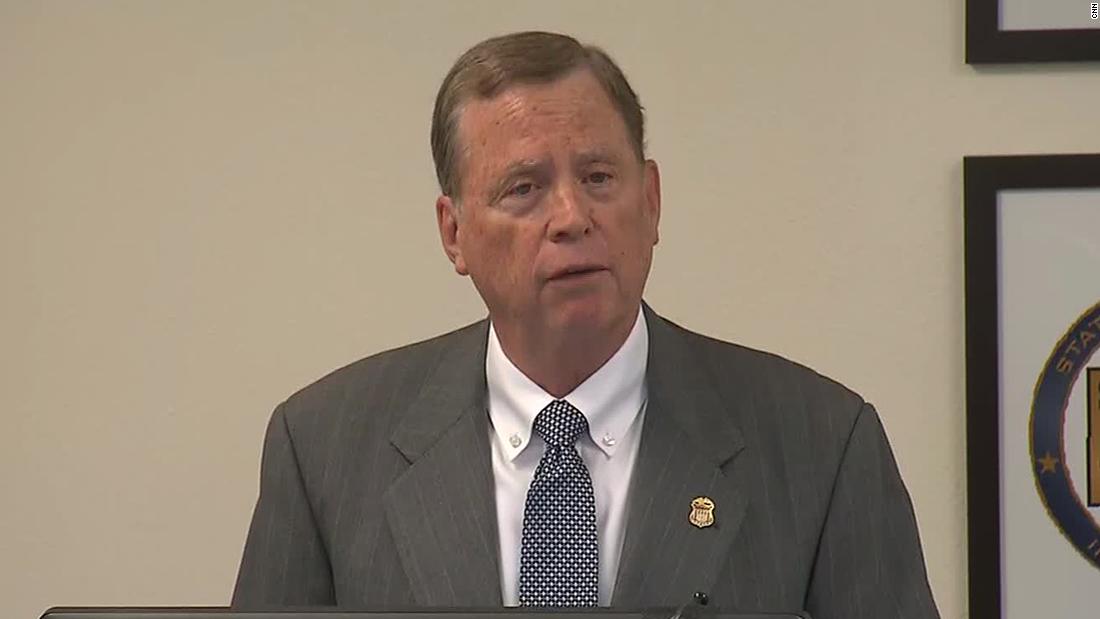
Imperial Valley Ministries leaders recruited people by promising food and shelter, and instead forced them to beg for money for nine hours a day, six days a week and to give up their welfare benefits "for the financial benefit of the church leaders," prosecutors said in a news release Tuesday that announced the indictment had been unsealed.
The ministry leaders will face charges of conspiracy, forced labor, document servitude and benefits fraud, US Attorney Robert Brewer said.
The ministry operates nondenominational churches and group homes in the United States and Mexico.
CNN reached out to Imperial Valley Ministries and officials declined to comment, saying they were on their way to court.
The defendants were arrested in El Centro and San Diego and in Brownsville, Texas. Arraignments began Tuesday.
'Appalling abuse of power'
"The indictment alleges an appalling abuse of power by church officials who preyed on vulnerable homeless people with promises of a warm bed and meals," Brewer said. "These victims were held captive, stripped of their humble financial means, their identification, their freedom and their dignity."
The indictment alleges church leaders kept victims inside group homes with deadbolt locks only they had keys to and confiscated IDs such as driver's licenses, immigration papers and passports to prevent victims from escaping.
One victim was a 17-year-old girl who escaped by breaking out of a window, Brewer said. She went to the police, he said.
"Dozens of victims have alleged the same thing -- once they were inside the group homes, the IVM had become a venture designed to keep as many as people as possible for as long as possible," Assistant US District Attorney Chris Tenorio said at a press conference Tuesday.
Isolated and closely watched
Victims said they were isolated and closely watched, Tenorio said. They were threatened with punishment for violating house rules, and they weren't allowed to go anywhere unattended, he said.
They were told their children would be taken away from them if they left, Brewer said.
Victims were made to turn over all their belongings, Tenorio said, and the accused church leaders took victims' benefits, such as Electronic Benefits Transfer (EBT) cards that allowed the holder to buy food. They then gave them to people not eligible for the benefits, he said.
Victims were refused basic and necessary medical attention, said Scott Brunner, special agent in charge of the FBI's San Diego field office. That included a diabetic who was refused insulin and even the food needed to control blood sugar levels, said Brewer.
Identifying labor trafficking victims is particularly challenging, Brunner said, because the victims often are isolated and work behind the scenes doing legal work, on farms, in homes, in restaurants and factories.
I would like this case to send a message to the victims," said Brewer. "That message being: We want to help you. You have to report these types of crime to law enforcement, so that we can help you."
No comments:
Post a Comment